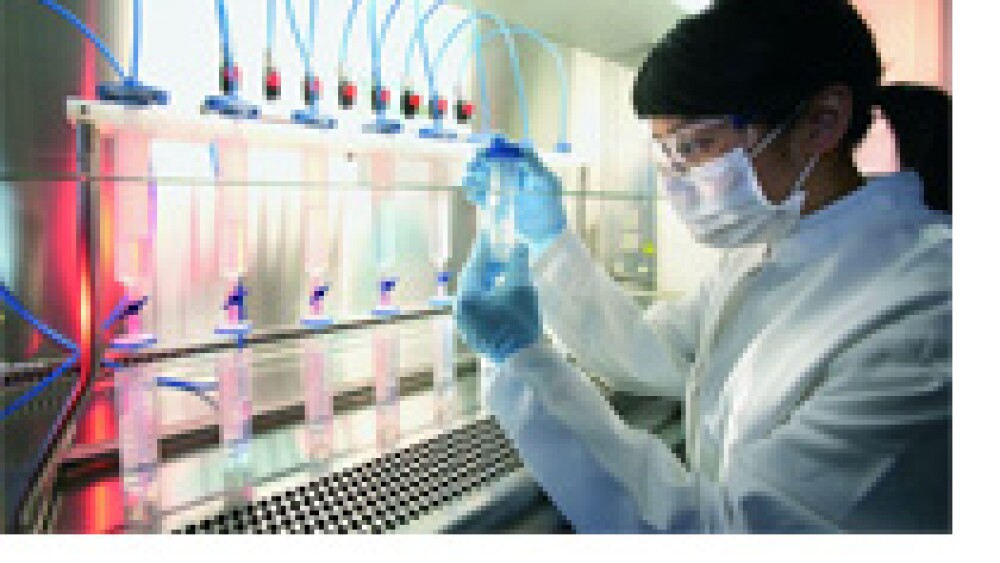February 15, 2016
By Mark Terry, BioSpace.com Breaking News Staff
With so many of the big players in the process of closing on megamergers, it’s time to take a peek at some biopharma companies that may be flying under the radar. The Motley Fool peeks at three companies worth a second look.
Newark, Calif.-based Depomed, Inc. (DEPO) is The Motley Fool’s Todd Campbell’s first pick. Depomed markets Nucynta for pain relieve for patients whose pain does not respond to typical opioids, as well as in patients with neuropathic pain associated with diabetic peripheral neuropathy (DPN).
Campbell notes that Depomed acquired Nucynta from Johnson & Johnson , then relaunched the drug at a higher price. Although some have speculated on this being similar to the infamy of Martin Shkreli’s price gouging, he notes the current price is more in line with its competitor, Oxycontin.
Last week Depomed announced it had received a favorable Markman claim construction ruling by the U.S. District Court for the District of New Jersey in an ongoing patient infringement case. The three filings are related to companies that want to market generic versions of Nucynta.
Depomed traded on July 21, 2015 for $33.28, dropped to $15.50 on Sept. 29, and rose again to $21.21 on Nov. 10. Shares are currently trading for $16.07. Campbell points out that projected sales for Nycynta are $1 billion peak sales, and they seem to be growing. “I think,” he writes, “this is a stock worth hitching up with for the long haul.”
Cranbury, NJ-based Amicus Therapeutics (FOLD) is Campbell’s second pick. Amicus is a rare-disease drug company and approval for Galafold for Fabry disease is pending. Delays over the approvals have had the stock on a dramatic roller coaster ride. Campbell notes that if the drug gets approved in Europe, which is expected soon, the stock could recover significantly.
“If approved,” he writes, “Galafold will compete against Shire ’s Replagel in the EU, and since Galafold has a different method of action than Replagel, it could eventually end up being used alongside it.” Based on Replagel’s $441 million in EU sales in 2015, Campbell predicts Galafold could hit nine-figure sales in Europe. The company also picked up Durham, NC-based Scioderm, with gave the company a Phase III drug for epidermolysis bullosa, another rare disease drug that Campbell believes could hit nine figures.
The company recently gave its 2016 Financial Guidance, citing $214 million in cash, cash equivalents and marketable securities at Dec. 31, 2015, compared to $169.1 million at the same time the previous year. Its current cash position is enough to fund operations into mid-2017. A great deal depends on the Fabry approval. It also has ATB200, a drug it is developing for Pompe Disease.
And the third company is Portola Pharmaceuticals, Inc., headquartered in South San Francisco. Campbell notes that the company stock dropped 40 percent since December, primarily as a result of a data readout on its Phase III trial. He says, “However, investors may have overdone it on this stock, and if so, then buying the company here might make sense.”
The company has filed for FDA approval for andexanet alfa, which would be the first approved drug for factor Xa anticoagulants. These are generally considered to be better than the clinical warhorse warfarin.
One thing that should make investors sit up and take notice is the company announced on Feb. 1 that it had inked a licensing lead development and commercial rights deal for andexanet alfa in Japan to Bristol-Myers Squibb and Pfizer . The drug, andexanet alfa, is being included in a program to develop an antidote for apixaban and other Factor Xa inhibitors. Portola also entered into a clinical collaboration deal with Bayer HealthCare as part of its Factor Xa inhibitor rivaroxaban development program in Japan.
The Bristol-Myers Squibb and Pfizer deal is reportedly worth $120 million.
Campbell notes that Portola is also expecting data from its own factor Xa anticoagulant, betrixaban. It is being evaluated against Sanofi ’s Lovenox. “If betrixaban outperforms Lovenox,” writes Campbell, “then Portola Pharmaceuticals could have the next big thing in factor Xa on its hands.”





